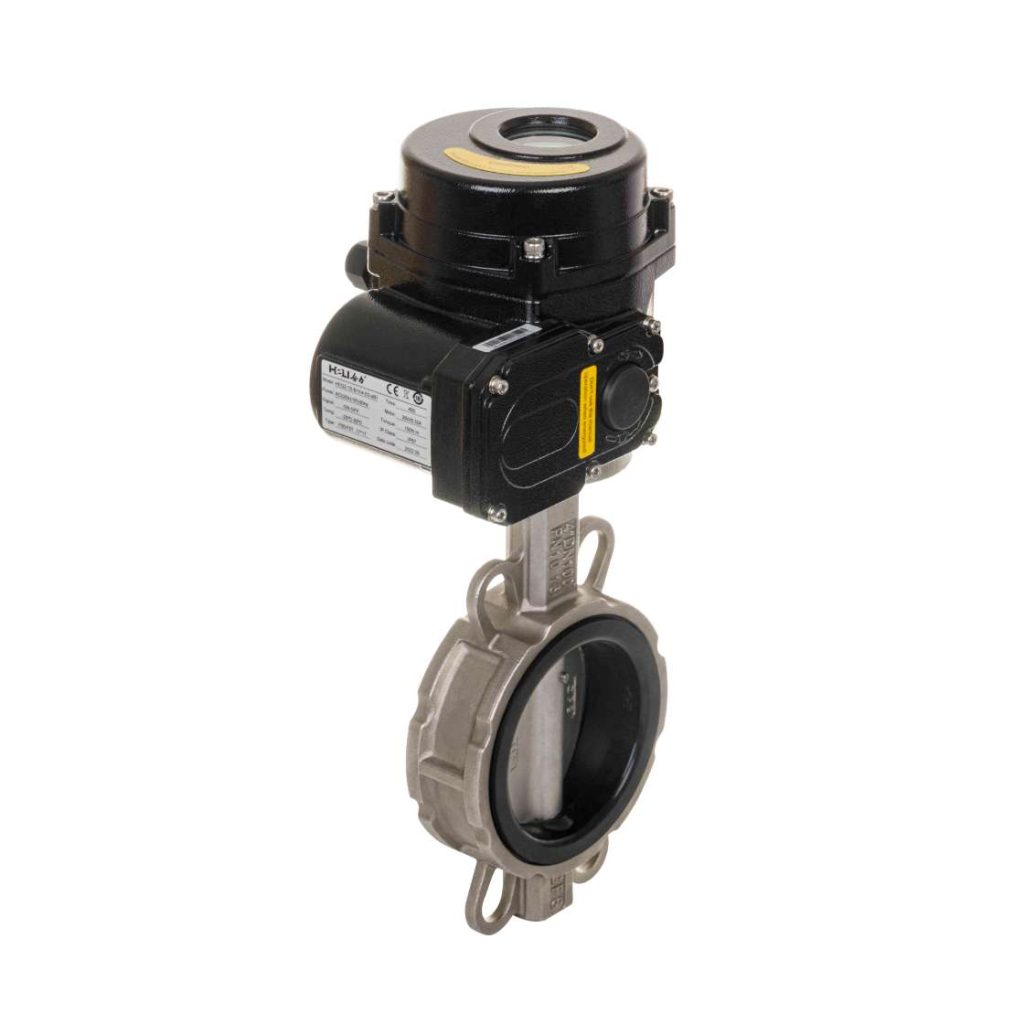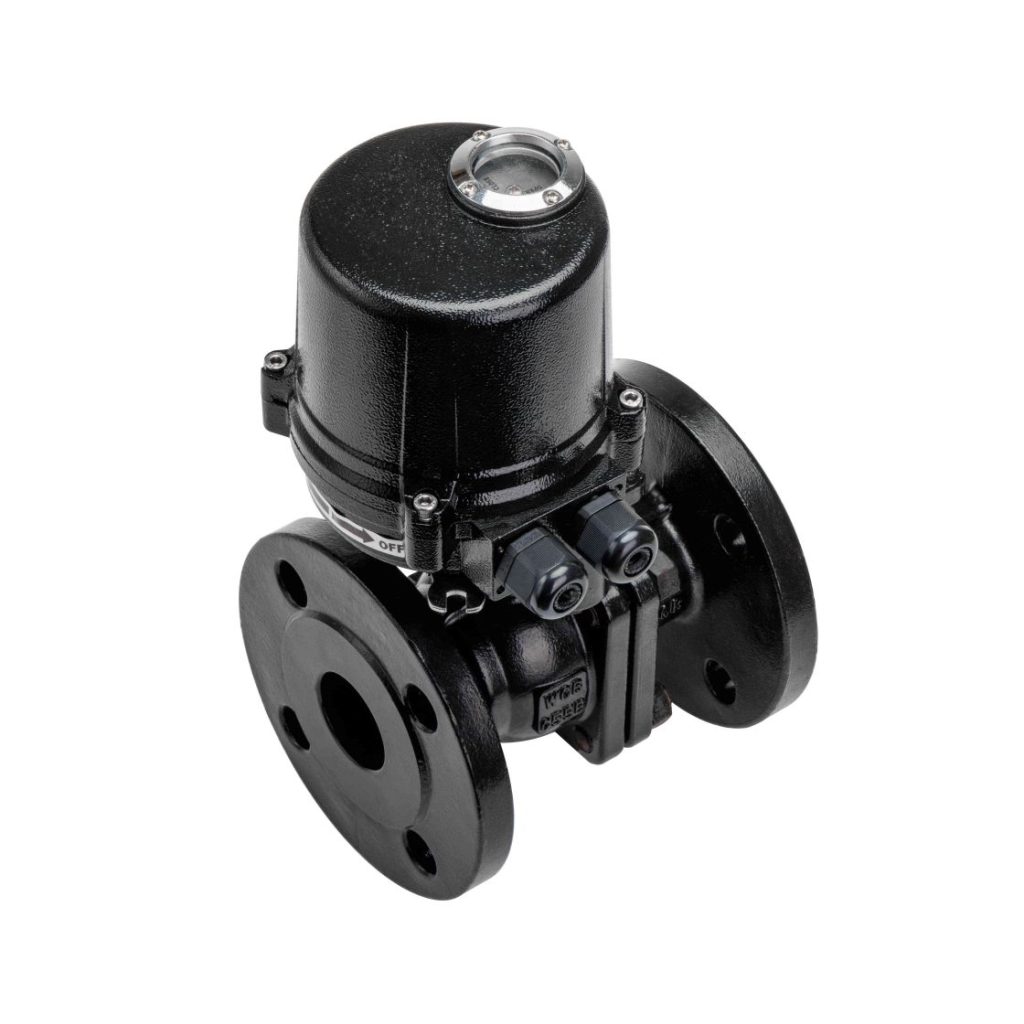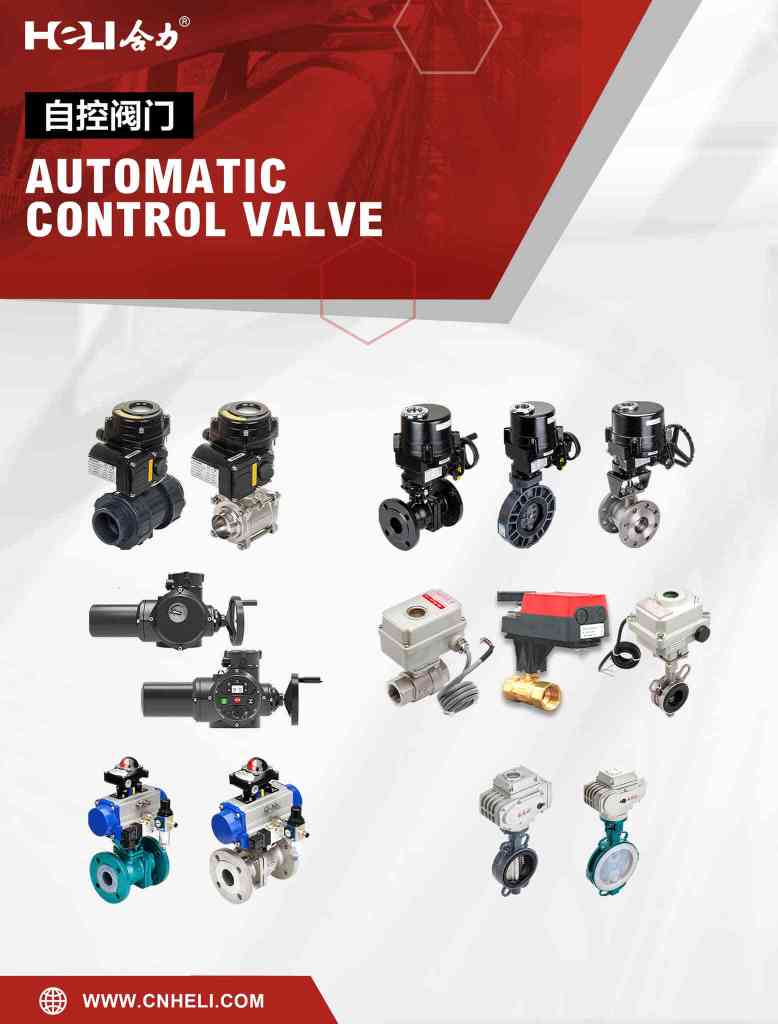Electric valves have become indispensable components in various industries, playing a crucial role in controlling the flow of liquids and gases. These valves are widely used in a range of applications, including HVAC systems, water treatment plants, chemical processes, and oil and gas industries. In this article, we will explore the fundamentals of electric valves, their types, applications, advantages, and how they contribute to the optimization of fluid control systems.

What is an Electric Valve?

An electric valve is a type of valve that uses an electric actuator to control the opening and closing of the valve. The actuator is powered by electricity, which allows for precise control of the valve position. This remote control capability is especially beneficial in applications where manual control is not feasible or where automation is essential for efficient operation. Electric valves can be used to regulate the flow of a wide variety of fluids, including water, steam, gases, and chemicals. By adjusting the valve position, operators can control factors such as flow rate, pressure, and temperature, making electric valves a key component in modern fluid and gas handling systems.
